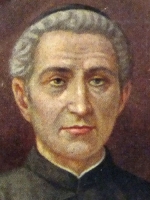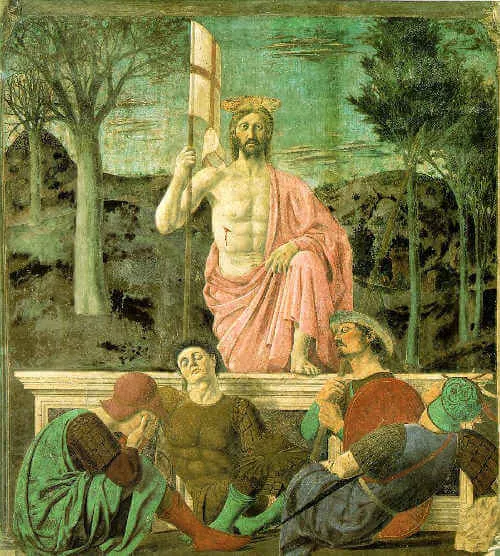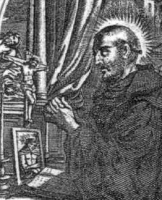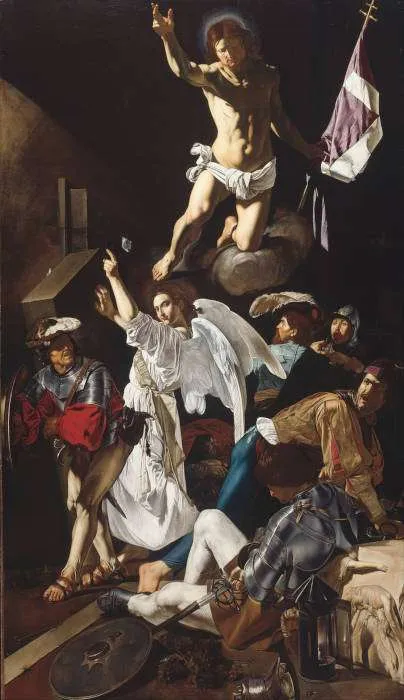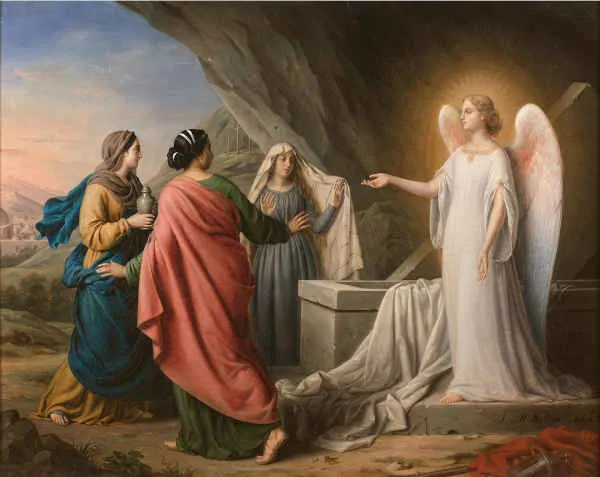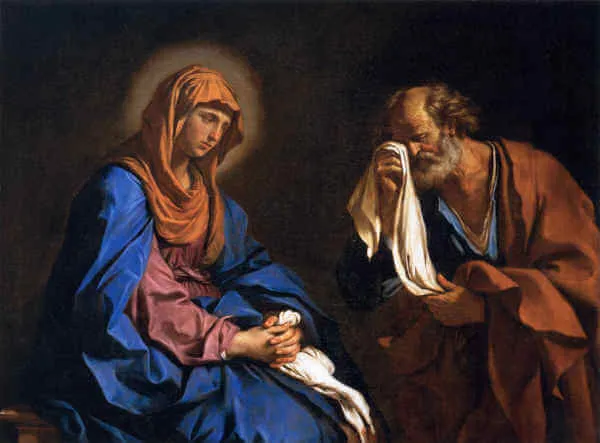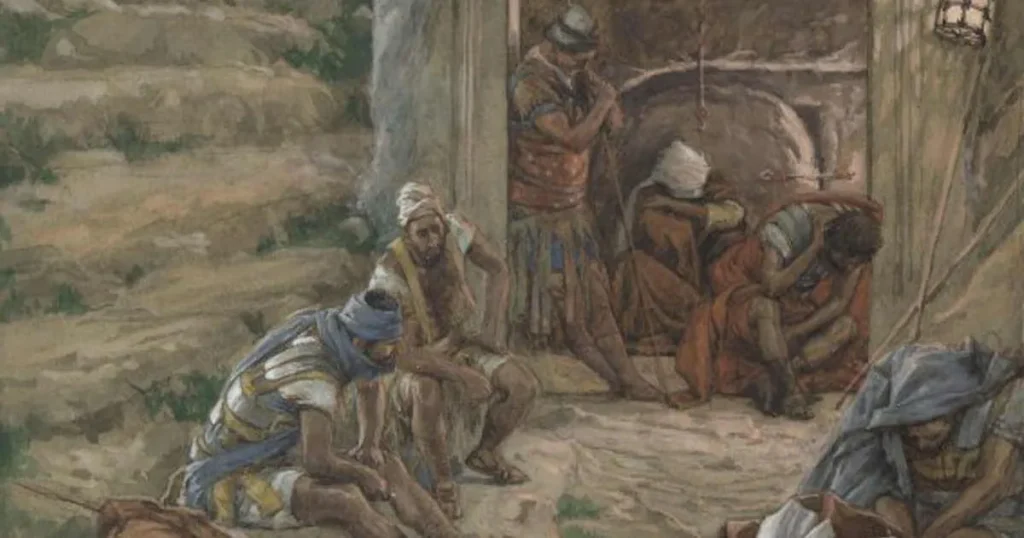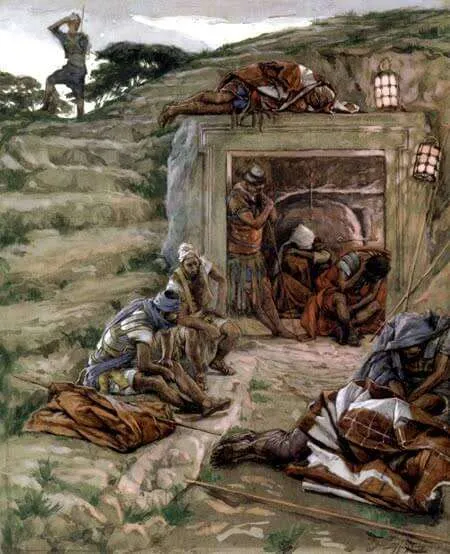Saint Ludovico Pavoni
Profile
Ludovico was trained in theology by the Dominican Father Carlo Ferrari, future bishop of Brescia, Italy. He was ordained in 1807.
Ludovico founded an Oratory for Christian education of poor boys in Brescia. He was the secretary to bishop Gabrio Nava in 1812.
Ludovico became the Rector of Saint Barnabas church in 1818 where soon after he founded an orphanage and associated trade school, basing his work on the idea that improving social conditions will improve the spiritual life, and improving the spiritual life will improve social conditions. In 1821 the school became the Institute of Saint Barnabas. Along with carpentry, silversmithing, blacksmithing, shoemaking, agriculture, and tool and dye makers, the school stressed the trades of printing and publishing.
In 1823, Ludivico established The Publishing House of the Institute of Saint Barnabas; it exists today under the name Ancora. That same year, the school began taking in deaf and mute students.
In 1825, he founded a religious congregation of priests and brothers to run the school; it became the Sons of Mary Immaculate (Pavoniani or Pavonians). Pope Gregory XVI authorized it for Brescia in 1843, and on 8 December 1847, Ludovico and the first members made their religious profession. Today, there are 210 members in Brazil, Colombia, Eritrea, Germany, Italy and Spain, and they still publish books.
On 24 March 1849, Brescia was in rebellion against the Austrians. Both sides were ready to pillage the city and Father Ludovico led his boys to safety at Saiano, seven miles away. He died a week later as Brescia was in flames, but his boys were safe.
Born
- 11 September 1784 at Brescia, Italy
Died
- Palm Sunday, 1 April 1849 at Saianco, Italy of natural causes
Beatified
- 14 April 2002 by Pope John Paul II
- the beatification miracle involved the 1909 cure of Maria Stevani from typhoid fever
Canonized
- 16 October 2016 by Pope Francis
Patronage
- Sons of Mary Immaculate
Source: http://catholicsaints.mobi/calendar/1-april.htm
Saint Ludovico Pavoni Read More »


